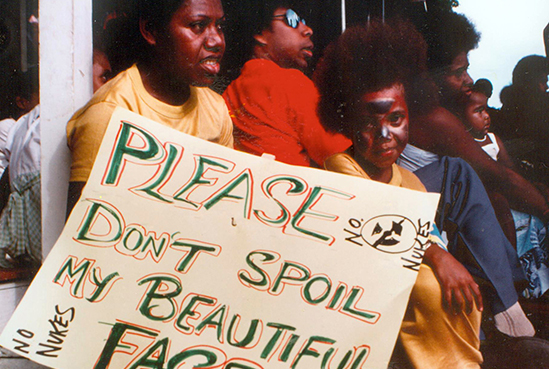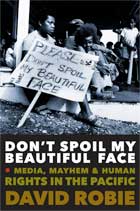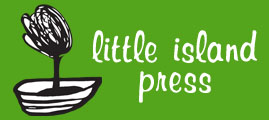
Advocates, campaigners, journalists and researchers gathered at New Zealand's AUT University at the weekend to honour past campaigns for the Nuclear-Free and Independent Pacific Movement (NFIP) and to strategise for the future.
Panel presentations ranged from the US Castle Bravo nuclear test on Bikini Atoll in 1954 - today, March 1, was the 60th anniversary - to the Rongelap Atoll evacuation by Greenpeace in May 1985, the protests against French nuclear testing, the ICAN campaign to abolish all nuclear weapons, the "forgotten struggle" in West Papua, and to the future self-determination vote in Kanaky.
Delegates were also told about a new book being published next month about NFIP issues and journalism - Don't Spoil My Beautiful Face: Media, Mayhem and Human Rights in the Pacific by Pacific Media Centre director and Café Pacific publisher David Robie. What commentators say:
What commentators say:
David Robie has been committed to developing quality journalism in the Pacific, and especially in developing a “Pacific brand” of journalism.
Kalafi Moala, Pasifika Media Association (PASIMA)
A timely media revisitation of the bloody conflicts and atrocities that have plagued this vulnerable Pacific region. An invaluable resource for journalists and journalism students.
Shailendra Singh, University of the South Pacific
David Robie has been an impassioned chronicler of Pacific currents for decades … from the bloody independence struggles of the 1980s to the attempts to chart a nuclear-free course.
Mark Revington, editor of Te Karaka, the voice of Ngai Tahu
An excellent sweep through the recent history of the Pacific and elsewhere constructed around the story of the author’s life.
Professor Stewart Firth, Australian National University
Don’t Spoil My Beautiful Face introduces readers to reportage of major Asia-Pacific socio-political and environmental issues over three decades by an independent journalist and media educator. It examines contemporary media concepts such as critical development journalism, conflict-sensitive journalism and deliberative journalism. And it argues for a more comprehensive, reflective and in-depth media response to the region’s challenges from Tahiti Nui and Polynesian nations in the east to Papua New Guinea, Indonesia, the Philippines, Timor-Leste and West Papua in the west.
And it argues for a more comprehensive, reflective and in-depth media response to the region’s challenges from Tahiti Nui and Polynesian nations in the east to Papua New Guinea, Indonesia, the Philippines, Timor-Leste and West Papua in the west.
The author reported on the conflict between France and Kanak activists in New Caledonia that almost ended in civil war. He was harassed by French secret service agents and arrested at gunpoint. He was on board the original Rainbow Warrior on her last voyage that ended with the bombing by state terrorists in 1985.
He has reported on coups in Fiji and the Philippines, and was a media educator in Suva in 2000 when his students provided award-winning coverage of an attempted coup.
Dr David Robie is director of the Pacific Media Centre and professor of journalism in Auckland University of Technology’s School of Communication Studies. He is the author of Eyes of Fire: The Last Voyage of the Rainbow Warrior and Mekim Nius: South Pacific Media, Politics and Education. He is also founding editor of Pacific Journalism Review, convenor of Pacific Media Watch and publishes the media blog Café Pacific.
- Inquiries: evotia@littleisland.co.nz
- Book orders to: Little Island Press
- NFIP delegates call for end to NZ police aid for Papua repression
- Indonesian repression slated
This work is licensed under a Creative Commons Attribution-NonCommercial 3.0 New Zealand Licence.




